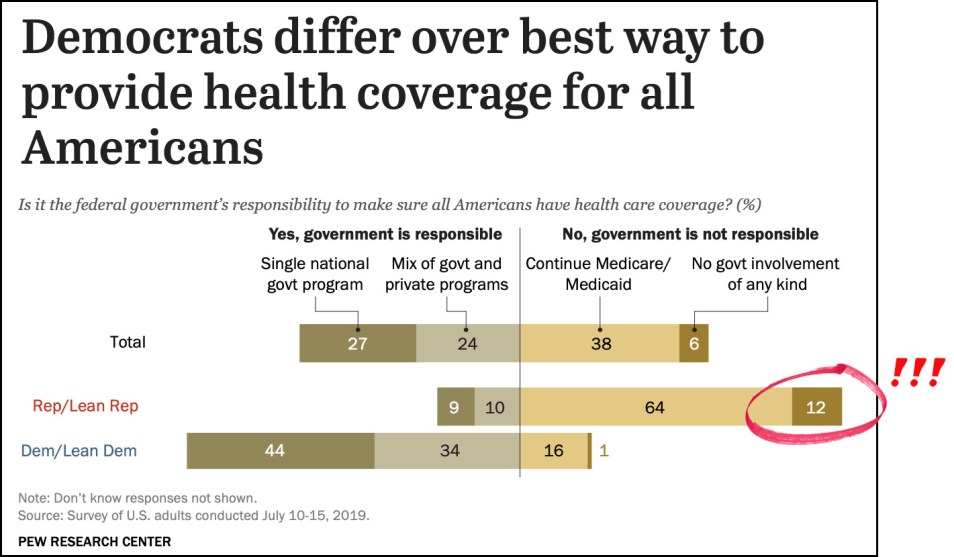
Mother Jones illustration; Getty
A bipartisan bill to reform the national organ donor network has reached President Joe Biden’s desk, spelling the likely end of a troubled monopoly in place for close to four decades. Signed, the law will let HHS officials, who have commended the changes, award multiple federal contracts to manage the network—part of a wider plan to secure better oversight and more transplants each year.
Currently, around 17 Americans die per day while awaiting a transplant—and it’s not just due to a shortage of donations. Despite high demand, it’s estimated that more than 25,000 viable organs are wasted each year. That’s a lot, especially considering that just over 40,000 organ transplants were performed in 2022. Mismanagement and weak scrutiny, investigations show, are driving unnecessary and deadly delays.
And longstanding issues like waste might be getting worse. From 2019 to 2022, according to a report released that year, the rate of unused kidney donations from deceased patients rose from one in five to nearly one in four. A February 2020 investigation by KFF Health News found that organs shipped by commercial airliner are regularly lost or delayed past viability. A 1998 congressional hearing on failures in the system sparked attempts at reform, including a regulatory framework issued in 2000 by the Department of Health and Human Services—but the problems remain. In July 2021, some members of Congress again urged reforms in a letter to HHS Secretary Xavier Becerra and top Medicare and Medicaid official Chiquita Brooks-LaSure, in part due to higher rates of organ failure driven by Covid-19 infections. Neither official offered a public response.
When Congress passed the National Organ Transplant Act in 1984, it established a federal network overseeing transplant logistics and eligibility. The system was to be managed by a private nonprofit, and by 1986, an exclusive contract had been awarded to the newly formed United Network for Organ Sharing—which has held it since. It oversees 56 local organ procurement organizations, known as OPOs, which are responsible for recovering organs from deceased donors and must be recertified by federal officials every four years. Recent data, disability activist and liver transplant recipient Kendall Ciesemier wrote in a January New York Times article, “shows that most are underperforming or failing.”
As a 2022 Senate hearing highlighted, from 2010 to 2020, OPOs were the subject of more than 1,100 complaints—by transplant centers, patients, their families, and even the organizations’ own staff—for endangering patients by mismanaging donations and transplants. Other issues include fraud: in one 2012 case, following an FBI investigation, two Alabama OPO executives were convicted of taking hundreds of thousands of dollars from a funeral home in a kickback scheme. The Government Accountability Office, which has released reports critical of the organ donation system, now audits its use of funds.
For patients and their loved ones, the changes are long overdue. Ciesemier, who also spoke to me for this article, said that major congressional reform has “not been seen as a priority because the victims of a bad system simply die.”
“When a system is in the business of saving lives and it doesn’t do that, the victims just disappear, with only their loved ones aware,” she said. “The system is so broken that getting an organ usually means patients are on the very thin edge of life.”
Advocates have also raised concerns that people of color are less likely to be put on transplant waiting lists; even once on the lists, erroneous, overly optimistic estimates of Black patients’ kidney health meant they faced excessive waits (a problem officials moved to correct in December). Tiffany Jones-Smith, CEO of the Texas Kidney Foundation, lives with kidney disease; she said doctors have to start prioritizing transplants “as a viable treatment option for all eligible African Americans and ethnic minorities” to ensure those groups benefit from the new reforms.
“Due to social determinants of health, outdated requirements, lack of inclusion in clinical trials, structural racism and implicit bias, Black Americans frequently lack access to quality health care,” says Dr. Silas Norman, co-director of the University of Michigan’s kidney and pancreas transplantation clinic. Black Americans, Norman says, “make up 13 percent of the US population but represent 30 percent of the transplant list” for new kidneys.
Those aren’t the only changes underway—a modernization initiative, included in the Biden administration’s 2024 budget proposal, was announced in March. Dr. Michelle A. Josephson, president of the American Society of Nephrology, said the likely new law and modernization initiative will bring “more transparency, oversight and accountability,” infrastructural improvements, and better data on transplant evaluations.
Lifesaving changes still need to be made for post-transplant care. Dr. Steven Potter, a kidney and pancreas transplant surgeon at the Washington, DC–based Medstar Health hospital network, says it’s imperative to expand access to new blood tests that detect the first stages of transplant rejection—access Potter calls “especially important for those historically disadvantaged populations facing the highest risk of organ failure.”
While the changes are underway, people can still enroll to become organ donors.








